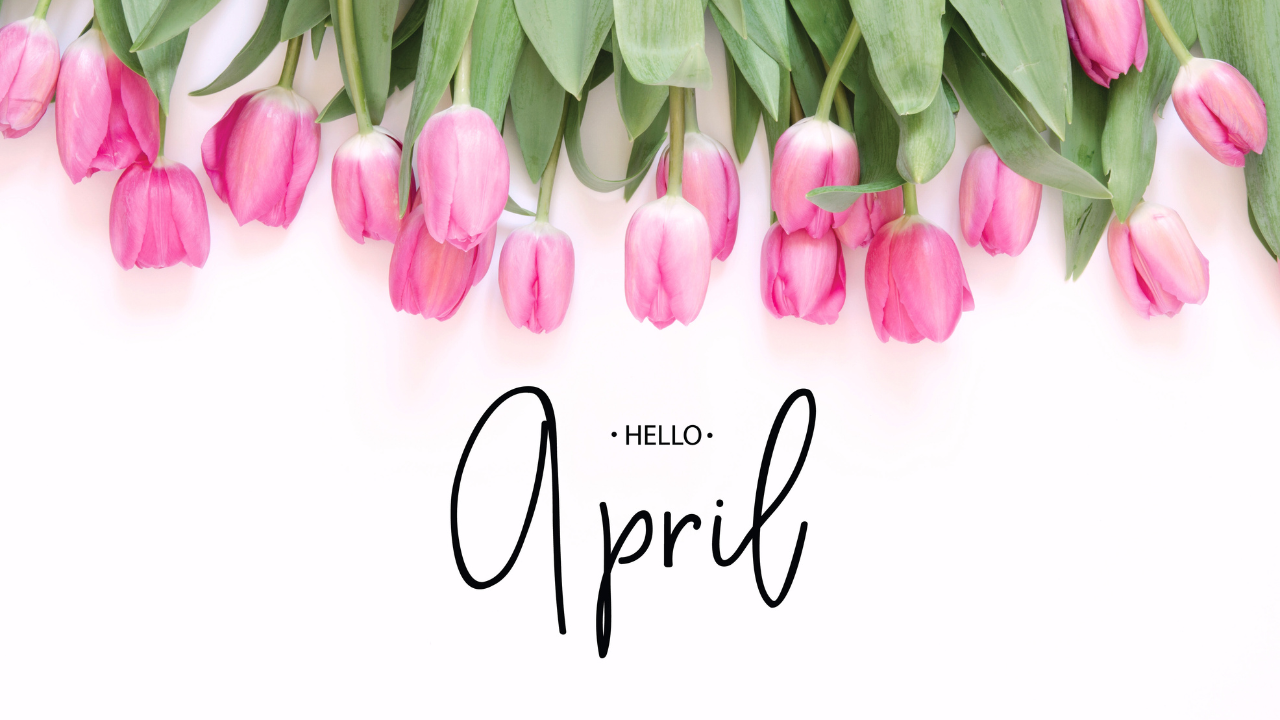
Ways to prioritize self-care on the socialgov frontlines
Jan 24, 2022Contributed blog by Russel Lolacher, Director of Web and Social Media Services for the BC Ministry of Transportation and Infrastructure and author of the Relationships at Work blog
We can love what we do and still need to practice self-care to address our mental health.
In providing digital engagement to the public through frontline social media services, you will engage every day — answering questions, correcting misinformation, listening to concerns, passing on feedback and more. This is all in an effort to grow as a trusted resource and build relationships with your audience.
Take self-care seriously
But, as with any frontline communications role that involves engaging directly with other humans, it’s not always easy. Whether it’s a recent announcement, progress on a project, delivery of a service or explanations on why a government decision was made, some topics can be met with resistance, and sometimes, that’s putting it mildly. Your responses could be considered “not enough” or “too much” in areas that are sensitive or “completely wrong” all together. And on social media, it’s quite common for people to express their displeasure to you far more extremely than they ever would face-to-face. That can show up as profanity, personal accusations and, sometimes, threats.
It is absolutely important as a government organization to be available for your audience and to regularly engage with them. It’s hard to build a brand and public trust if you aren’t there to have a relationship with.
But, it can add up. On Twitter, Facebook, Youtube, Instagram, your blog, your etc., you can get hundreds (and far more) of messages per day. Sure, there are some messages of curiosity, kudos and sharing, but a lot of it is going to be frustration and conflict.
And though you may practice patience, empathy and a citizen-first approach, it can be hard on a person’s mental health being challenged or “attacked” as the frontline contact to that displeasure. Psychology Today wrote an article on this, stating a study “found that when customer service representatives receive a heightened number of angry or abusive calls it impacts them psychologically and emotionally.”
Here are a few self-care tips that I’ve found work during some of those times:
In the moment:
- Breathe – stop, close your eyes, place your hands on your lap and take a deep breath. A good pause can really help you through a challenging moment.
- Move – get up and stretch. Just taking that brief pause from the conversation you’re having or the response you are drafting can help reset yourself and calm our nerves.
- Take a walk – around the block, to the end of your driveway or to the closest park and back. Just get away from your screen for a little bit and remove yourself from the situation. A quick fresh start.
- Understand it’s not about you – though it’s not a single fix, it does help to not take what is said personally. As the front line, you are a representative of an organization they are frustrated at. It’s not about you, it’s about the concern.
- Talk it out with your coworkers – you are on a team for a reason so support each other. Communicating your frustrations with your co-workers and getting their input, dividing up the displeasure, can really help share the load. You are not alone.
- Know where the “line” is – sometimes the line between frustration and inappropriateness can be crossed. This can lead to abusive, profane, racist, etc. language and is beyond what you should tolerate. If someone has clearly crossed the line, let them know their communications/language is unacceptable, then share your moderation policy if the interaction is online (you really should have a moderation policy). Seek support from your supervisor if you have further questions and concerns if the matter continues. Again, you are not alone in this.
(Editor's note: Please keep in mind that moderation rules may vary in different countries. In the United States, we encourage you to seek the advice of your agency's legal counsel for any First Amendment considerations.)
In lifestyle:
- Sleep – if you’re not sleeping well or for a healthy amount of time (7-9 hours), you’ll not be setting yourself up to succeed. You’re too tired for that.
- Meditation – take 10 minutes a day to focus on mindfulness and enjoy huge benefits to the rest of your day. It works, and science backs it up.
- Regular Exercise – similar to sleep, it helps release stress and provides energy for your day (add healthy food to this)
- Reading – escapism can be a beautiful thing. Whether it’s to take you to another place or time, or help you to think differently, reading is a great way to relax and be present.
- Nature – get outside. That fresh air and change of environment can help with building connections to things that don’t stress you out.
For more ideas on how to handle stress, I put together a blog with some of the best ideas my community had to address this issue.
How do you handle yourself and self-care after stressful interactions with the public or stakeholders? How did these ideas work for you?
Meet the author
 Russel Lolacher
Russel Lolacher
Director of Web and Social Media Services for the BC Ministry of Transportation and Infrastructure
Russel defines and leads TranBC and @DriveBC in social customer care, emergency communications and public engagement. Sharing his thoughts through his blog, Relationships at Work, he has been internationally recognized as a top customer service expert by Microsoft and Hootsuite and in Forbes and Huffington Post. Follow Russel on LinkedIn. and Huffington Post. Follow Russel on LinkedIn.
Best communicate with the public you serve by becoming a part of the free Government Social Media network — only available to full/part-time employees of government or educational institutions.
We support the largest network of government social media professionals in the U.S. by guiding government agencies through complex social media issues. Government Social Media helps you successfully communicate with the public you serve, protect your agency and keep public trust while finding your support community.
Government Social Media® empowers government professionals to achieve mastery in social media through conferences, online training, and association membership. Best communicate with the public you serve and get connected with fellow socialgovs by registering for the 2025 Government Social Media Conference happening in the Orlando-area and virtually from wherever you are! Join the free GSM Network for text-only chats on socialgov topics or access the Government Social Media Association (GSMA) for regional virtual meetups and educational webinars.









